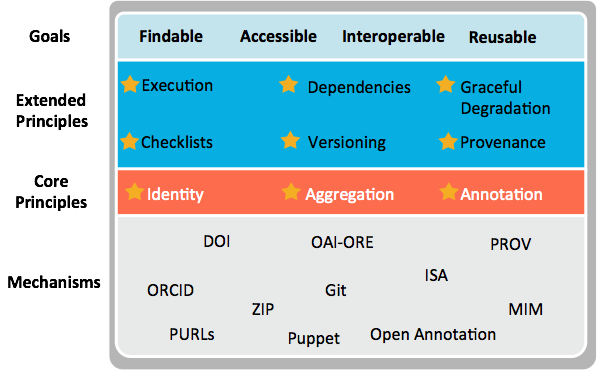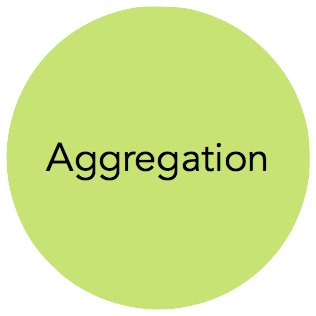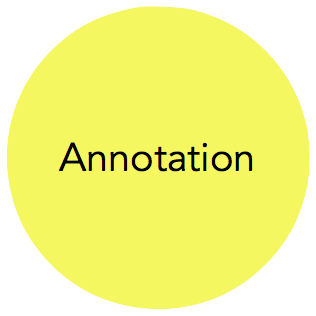2025-10-13: The RO-Crate website and specification superseded this website after 2020. These pages are no longer maintained.
We strongly recommend that new Research Object users adopt the RO-Crate specification.
Research Objects: Goals, Principles and Mechanisms
The useful outcomes of research are not just traditional publications. Instead they are everything else that goes into, and supports an investigation.
“Research Objects” describes a number of initiatives and approaches trying to describe and associate all of this content together in a machine-readable mechanism so that it can be more easily shared and exchanged.
What’s more, with research artefacts associated and described in a machine readable fashion, we can start to explore even more interesting and novel ways of making research reusable.
A common set of goals and principles brings together many of these disparate initiatives. What differs wildly is the mechanisms that those initiatives use to achieve those goals. However by aiming to follow a common set of principles, it means that the outcomes are more likely to be broadly interoperable and reusable.

Research Object Core Principles
At the heart of the research object approach are three core principles:
Identity

Use globally unique identifiers as names for things. For example DOI’s for publications or ORCID IDs for researchers. This is for two reasons
1. So that we can talk unambiguously about things.
2. So that people can find those things.
Aggregation

Use some mechanism of aggregation to associate things that are related or part of the broader investigation, study, etc. This is core to the value of Research Objects - providing the supporting artefacts that make the research potentially useful to someone else.
Annotation

Provide additional metadata about those things, how they relate to each other, where they came from, when etc. This helps people discover data that are relevant and potentially useful.
What Benefits Do Research Objects Provide?
- A way to refer to (and cite!) a bundle of research artefacts as a whole.
- A mechanism to associate human and machine readable metadata with those research artefacts. Anything that can understand that metadata can therefore benefit.
- A graceful degradation of understanding.